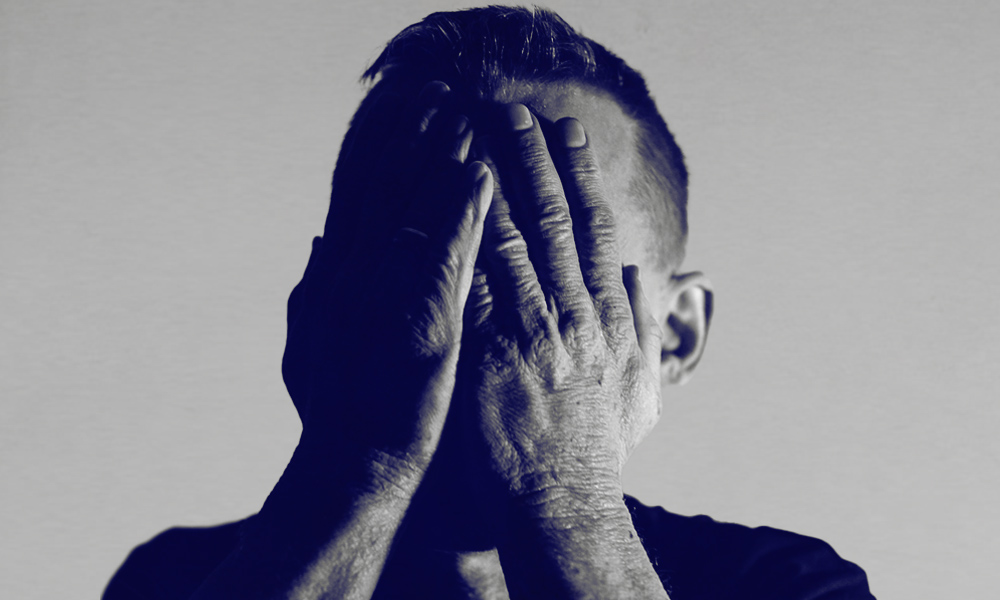
Image Credits: Pixabay
COVID-19 Severely Impacted Mental Health Of Youngsters, Suggests Study
Writer: Ankita Singh
A literature lover who likes delving deeper into a wide range of societal issues and expresses her opinions about the same. Keeps looking for best-read recommendations while enjoying her coffee and tea.
Others/World, 26 March 2021 8:01 AM GMT
Editor : Prateek Gautam |
A free soul who believes that journalism, apart from politics, should stand for social cause and the environment.
Creatives : Rajath
A free spirit who find meaning in life with the virtue of creativity and doing job par its excellence, animal lover and traveller by heart.
The sleep quality was also seen to decline in the overall sample. Most importantly, a correlation was seen between the rise in depression and lower sleep quality during the lockdown.
A new study has suggested that the ongoing COVID-19 pandemic severely impacted the mental health of young people, and increased levels of clinical depression were identified among them.
The study was published in the journal named 'Psychiatry Research'.
The researchers from the University of Surrey surveyed 259 young people pre-pandemic in autumn 2019 and in the middle of initial lockdown measures in May or June 2020, on their levels of depression, anxiety, wellbeing, alcohol use, and sleep quality.
After conducting the survey, the researchers found out that there was a substantial impact on the mental health of these young adults due to the pandemic. There was also a significant rise in depression symptoms and a reduction in overall wellbeing during the COVID-19 induced lockdown compared to the previous autumn.
The level of clinical depression in all those youngsters who were surveyed was found to have been almost doubled.
The percentage increased from 14.9 per cent in autumn 2019 to 34.7 per cent in May/June 2020, reported The Hindustan Times.
The sleep quality was also seen to decline in the overall sample. Most importantly, a correlation was seen between the rise in depression and lower sleep quality during the lockdown.
Another major concern for the researchers was that they identified a significant shift towards 'eveningness' that indicates a preference to go to sleep and wake later. This symptom has previously been associated with higher levels of anxiety and a greater prevalence of minor psychiatric disorders.
However, despite the rising worldwide sales of alcohol during the first lockdown, researchers identified a significant decrease in alcohol consumption amongst the youth.
The researchers were also encouraged by this finding, as it indicated that youngsters were not using alcohol as a coping strategy during the COVID-19 lockdown.
Dr Simon Evans, lecturer in Neuroscience at the University of Surrey, said that for many years there had been a rise in the number of young people experiencing problems with their mental health, and it was concerning to find that this had been significantly exacerbated due to COVID-19.
Dr Evans also said that supporting the mental health of young people and ensuring they could access the support they needed was vital to ensure their overall wellbeing. Dr Evans further added that as social restrictions continued in response to the pandemic, it was crucial that we take steps to protect their mental health.
Also Read: Retired DSP Turns Psychologist, Offers Free Counselling Service For Poor
 All section
All section














